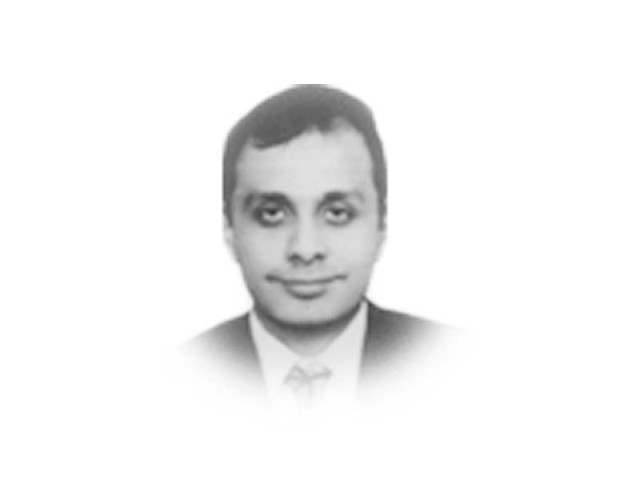Awakening of a new world order
The past two decades have seen ballooning of defence budgets by major global powers

The term ‘new world order’ has been used in history to refer to a cataclysmic shift in balance of power and transmogrification of political thought. On a finer scale, new world order refers to an ideological notion of global governance to resolve issues transcending borders engulfing multiple nation states. The term in recent era was used most commonly in the context of post-cold war era with the demise of the Soviet Union and resultant hegemony of the US in a unipolar world. Both Presidents Mikhail Gorbachev and George HW Bush used it to postulate on the contours of international cooperation in post-cold war era to achieve peace and development.
New world order of post-cold war era was put to test during the Gulf War of 1991. George HW Bush’s address to Congress on 6th March 1991 bears testimony to this fact whereby he stated, “Tonight as our troops begin to come home, let us recognize that the hard work of freedom still calls us forward. We’ve learned the hard lessons of history. The victory over Iraq was not waged as ‘a war to end all wars’. Even the new world order cannot guarantee an era of perpetual peace. But enduring peace must be our mission.”
Peace remained elusive as reflected by wars which engulfed the globe in years to come. Ironically, despite President George HW Bush’s statement purporting commitment to peace, the US remained embroiled in many of these wars one way or another. The past two decades have seen ballooning of defence budgets by major global powers. The US defence budget stood at a whopping $732 billion representing 3.4% of its GDP for 2020. China follows with defence spending of $261 billion with India trailing behind at defence allocation of $71.1 billion.
New world order certainly had a connotation beyond defence spending. It was the growing unipolar world which was creeping in after demise of the Soviet Union. In 1990, Charles Krauthammer declared a “unipolar moment” arguing that “the center of world power is the unchallenged superpower, the United States.” However, even back then neorealist school of thought predicted that this unipolar world would not last long because any great concentration of power would begin to threaten other powerful states which would then make concerted efforts to restore balance of power. The neorealist hypothesis stood on shaky ground as the ‘unipolar moment’ stretched over two decades of unquestioned US hegemony.
However, in recent years the predictions of neo-realists have begun to ring bells. Russian intransigence in Syria and growing Chinese international influence has been causing jitters in the US over past years.
Russia remained most loyal backer of Assad regime all through the Syrian war since 2011 protecting him from sanctions by the UN and sending Russian troops to prop up his forces as well as jets to bomb enemies of the regime.
Russian successes in Syria have been on multiple fronts. Physical dispatch of forces in 2015 by Russians to heavily bomb rebel strongholds restored fleeting power to Assad greatly weakening the opposition forces which were being supported by the West. On diplomatic front, the Russians have been able to repeatedly outmaneuver eager American attempts to hold Assad government responsible for blatant and ruthless use of chemical weapons on its enemies.
President Trump’s unilateral decision to withdraw US forces from Northern Syria in October 2019 effectively ceded control of the region to Syrian government and Russian forces. Though this decision may be seen in the context of his desire to extricate from the region, he was castigated by the democrats for ordering a hasty and unplanned withdrawal. It was alleged that abrupt withdrawal was not only tantamount to abandoning the Kurdish fighters but also left a void which could be and was filled by Russian forces and Syrian government. One must concede that even before President Trump’s decision to disentangle, Russia had established herself as a major strategic player in Syria both diplomatically and militarily. Russia’s aggressive posture in the Middle East in this decade was not the only source of concern for the US. China’s unabated economic growth coupled with strategic developmental initiatives in other countries was raising eyebrows in the US which would be discussed in a separate article.
Published in The Express Tribune, July 15th, 2020.
Like Opinion & Editorial on Facebook, follow @ETOpEd on Twitter to receive all updates on all our daily pieces.














COMMENTS
Comments are moderated and generally will be posted if they are on-topic and not abusive.
For more information, please see our Comments FAQ